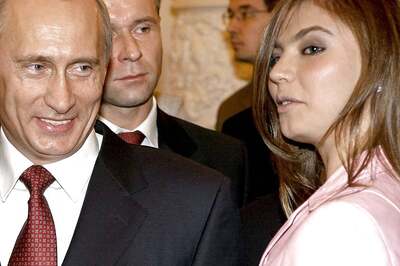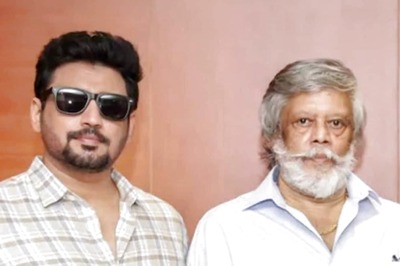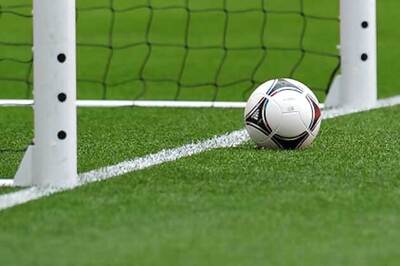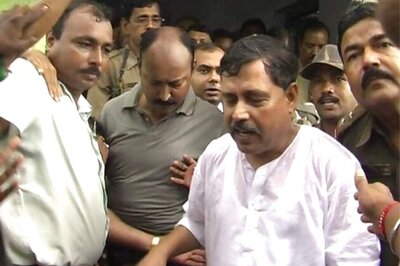
views
Lucknow: There is a sharp division among the Muslims in Saudi Arabia after a court in the country ruled that one eye of the 30-year-old Naushad be gouged out and donated to a Saudi national.
Puthan Vettil Naushad, a Keralite working in Saudi Arabia, got into an argument with a Saudi national. In the subsequent scuffle, the Saudi man lost an eye.
The court found Naushad guilty of permanently damaging an eye and ruled that one of Naushad's eyes be gouged out and donated to the Saudi man.
However, members of the two most predominant Muslim sects - Shia and Sunni - are sharply divided over the court's verdict.
While Shiites say humanity does not favour corporal punishment, the Sunni's, including Sunni women, point out that even Quran says life can be taken for life snatched away.
Says Sunni leader, Maulana Khalid Rashid Fringi Maheli, "Under Islamic law, an eye-for-an-eye, a hand-for-a-hand and other such penalties are justified and permitted in the name of justice."
He cites the example of the Iranian Supreme Court which recently ruled that a man's eyes be surgically removed and donated to another man. Vahid was convicted under Islamic law of deliberately pouring acid on the face of and blinding a youth, Gholam-Hossein.
Sunni's say that the punishment given to Naushad is in accordance with the Quran, which says, "We ordained therein for them: 'Life for life, eye for eye, nose or nose, ear for ear, tooth for tooth, and wounds equal for equal".
However, renowned Shia scholar, Maulana Kalbe Sadiq, says that the verse continues - "But if any one remits the retaliation by way of charity, it is an act of atonement for himself".
PAGE_BREAK
He feels that the authorities should abolish corporal punishments, which constitute cruel and inhuman treatment of human beings and amount to torture.
"Such punishments may be allowed but humanity definitely does not approve of them. The authorities should let the accused atone himself by way of charity as the Quran suggests."
Abdul Kareem, a lawyer from Trivandrum says that the Saudi court order is justified because Shariat Law is victim oriented.
"Shariat Law is not like the English law, which is accused oriented. Basically Shariat law hopes to give the victim the ultimate justice," says he.
However, he adds that in accordance to our liberal way of living, we find the process retrograde .
Meanwhile, there are certain circumstances under which the accused may be pardoned.
Chairman, Shia Peace Mission, Mohammad Habibul Hassan, says, this can happen only if the victim or the ruler of the land says so.
The Indian Ambassador to Saudi Arabia, M O H Farook says it is now up to the Saudi King to reverse the sentence and release Naushad.
However, what is obvious is that before implementing such laws, the real teachings of the Islam - brotherhood and love on all levels - must be considered.



















Comments
0 comment